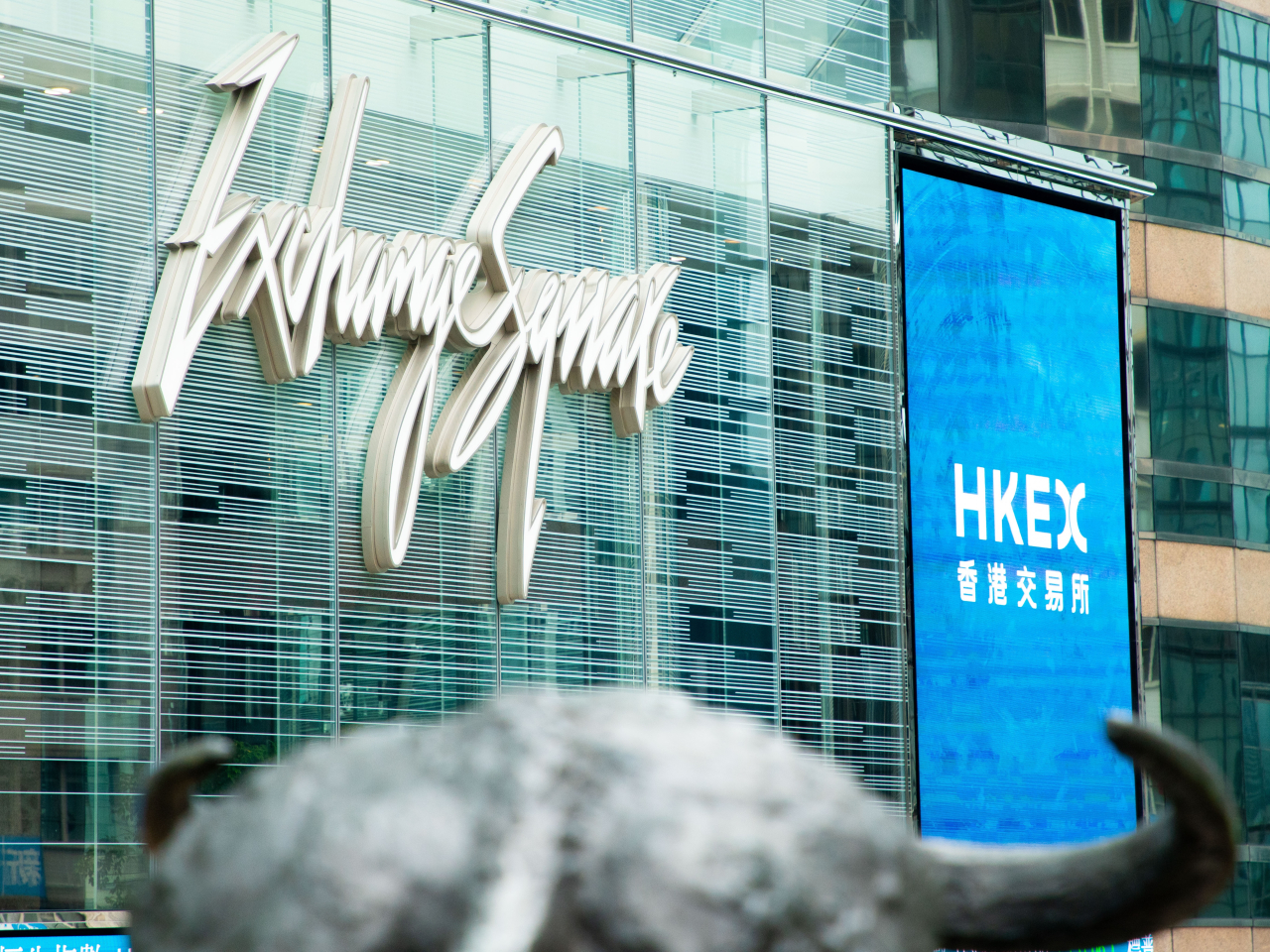Most Asian shares ended down on Friday after a US appeals court gave President Donald Trump's sweeping tariffs a temporary reprieve, fanning uncertainty a day after judges had ruled the controversial measures were unconstitutional.
In Hong Kong, the benchmark Hang Seng Index shed 283.61 points, or 1.2 percent, to end trading for the day and week at 23,289.77.
The Hang Seng China Enterprises Index fell 1.49 percent to end at 8,432.02 while the Hang Seng Tech Index fell 2.48 percent to end at 5,170.43
Across the border, mainland Chinese stocks closed lower, with the benchmark Shanghai Composite Index down 0.47 percent to 3,347.49.
The Shenzhen Component Index closed 0.85 percent lower at 10,040.62.
The combined turnover of these two indices stood at 1.14 trillion yuan, down from 1.19 trillion yuan on Thursday.
Shares related to pork, banking and innovative medicine led the gains, while those in the sectors of gold, humanoid robots and consumer electronics were among the biggest losers.
The ChiNext Index, tracking China's Nasdaq-style board of growth enterprises, lost 0.96 percent to close at 1,993.19.
Tokyo was off more than 1 percent, while Shanghai, Seoul, Manila, Mumbai and Bangkok also sank.
Sydney and Wellington edged up with London, Paris and Frankfurt.
The losses reversed a rally across world markets the previous day as analysts warned that the legal wrangling could compound volatility and throw trade talks between Washington and other governments.
While the tariffs have been stalled and are set to go through the courts – and possibly end up at the US Supreme Court – there are expectations that the US president will find other means to implement them.
The US Court of International Trade ruling on Wednesday barred most of the tariffs announced since Trump took office, saying that he had overstepped his authority – a decision he labelled "horrible" and should be "quickly and decisively" reversed for good.
A separate ruling by a federal district judge in Washington, DC, also found some levies unlawful as well, giving the administration 14 days to appeal.
National Australia Bank's Rodrigo Catril said after the appeal court decision that "Trump's trade agenda remains alive and kicking with the legal battle adding yet another layer of uncertainty".
He added that the judges could still rule against the White House.
"But it is probably worth emphasising that the president has other avenues to impose tariffs, so our view here is that the court case is just another layer of uncertainty/complication but it does not derail Trump's tariff agenda," Catril said.
"The ongoing shift in US trade policy is creating a cloud of uncertainty and now the legal battles are making the outlook even cloudier.
"The only thing that looks more certain is more uncertainty, which is set to lead to a further pullback in investment decision and hiring."
Meanwhile, US Treasury Secretary Scott Bessent told Fox News that negotiations with China were "a bit stalled" and Trump might need to speak to President Xi Jinping, weeks after the economic superpowers agreed a detente in their trade war.
He added that "given the magnitude of the talks, given the complexity, that this is going to require both leaders to weigh in with each other". (AFP/Xinhua)





